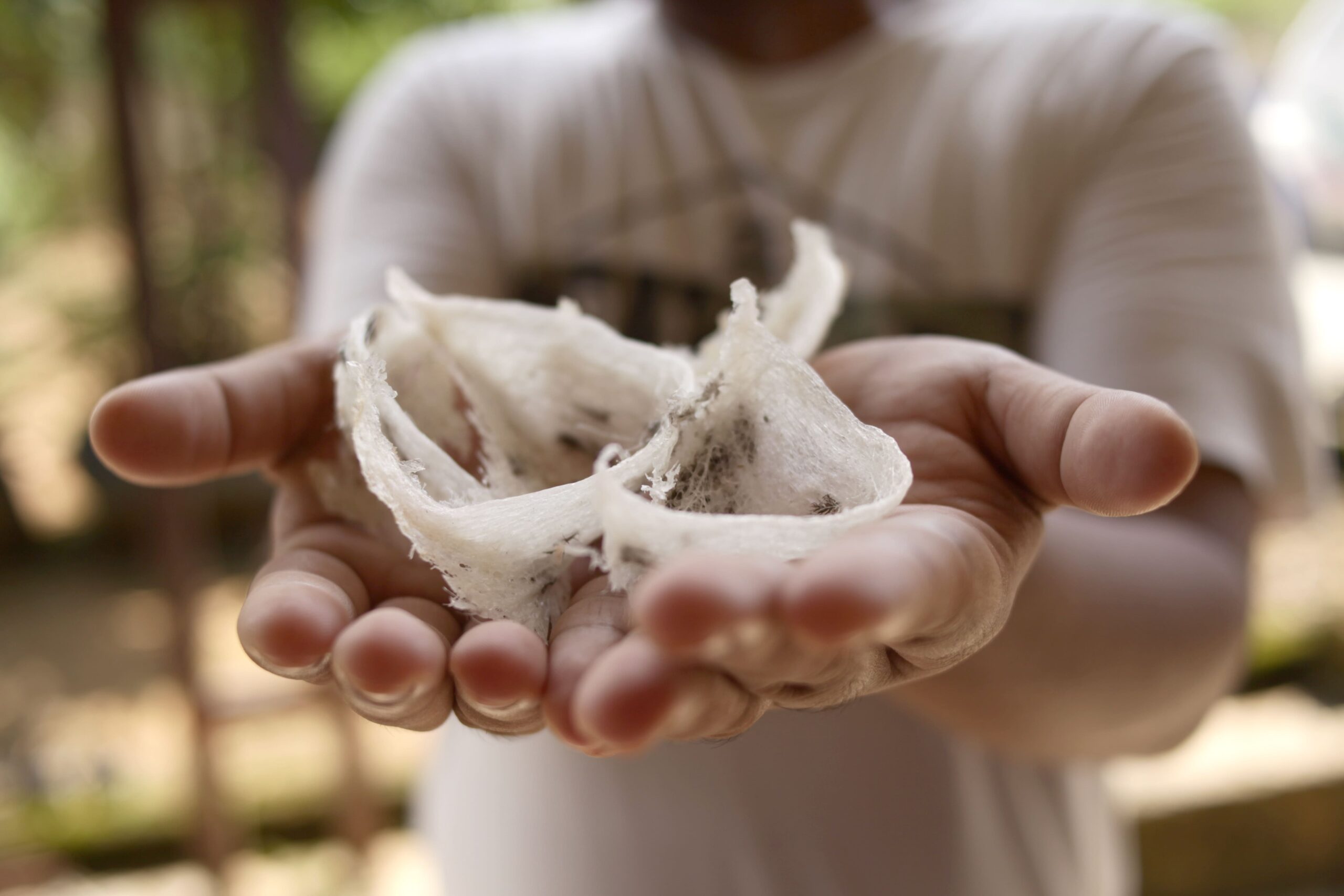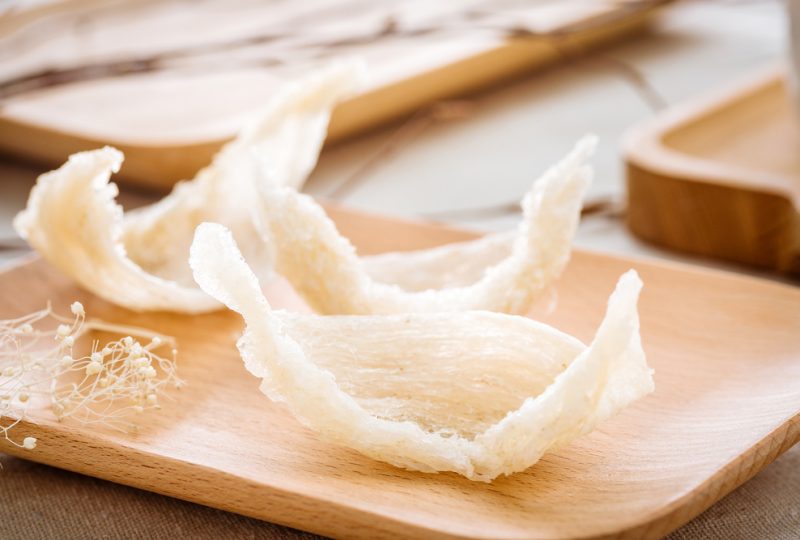How was it Discovered
Discover the story of how bird's nest was first discovered
How was it Discovered
Chinese people began consuming bird’s nest as a soup as far back as the Ming Dynasty. In some tales, it is believed that Zheng He (Chinese: 鄭和), who was a Chinese explorer, diplomat and fleet admiral, was the first person in Chinese history to consume this bird’s nest soup. However, back in those days, only royalties and aristocrats could afford to enjoy the benefits of bird’s nest soup. It was a symbol of status and wealth.

The Story of Bird’s Nest
So, where does this coveted bird’s nest come from?
Not all species of bird’s nest can be consumed. What we commonly term as “bird’s nest”, is actually the nest of a specific species of Southeast Asian bird, the swiftlet. This migratory bird travels to the caves located throughout Southeast Asia in preparation for its next generation every December to March. These caves will serve as a temporary location for the swiftlet to build its nest.
The Story of Bird’s Nest
Uses saliva as the base for its nest
The swiftlet has a peculiar way of building its nest. Unlike the traditional bird, the swiftlet uses its saliva as the base for its nest. On average, it takes around 20 days of hard work for a swiftlet to build a nest. The nest, about six to seven centimetres in diameters, is usually made into the shape of a small bowl similar to a human ear, weighing roughly around 10 to 15 grams.
As these nests are usually located at the top of the caves, a long wooden ladder is traditionally used to harvest these nests from the cave walls. However, this method can be risky as one mistake from the harvester could cost his life. Since then, bird’s nest has evolved into an industry of its own.

